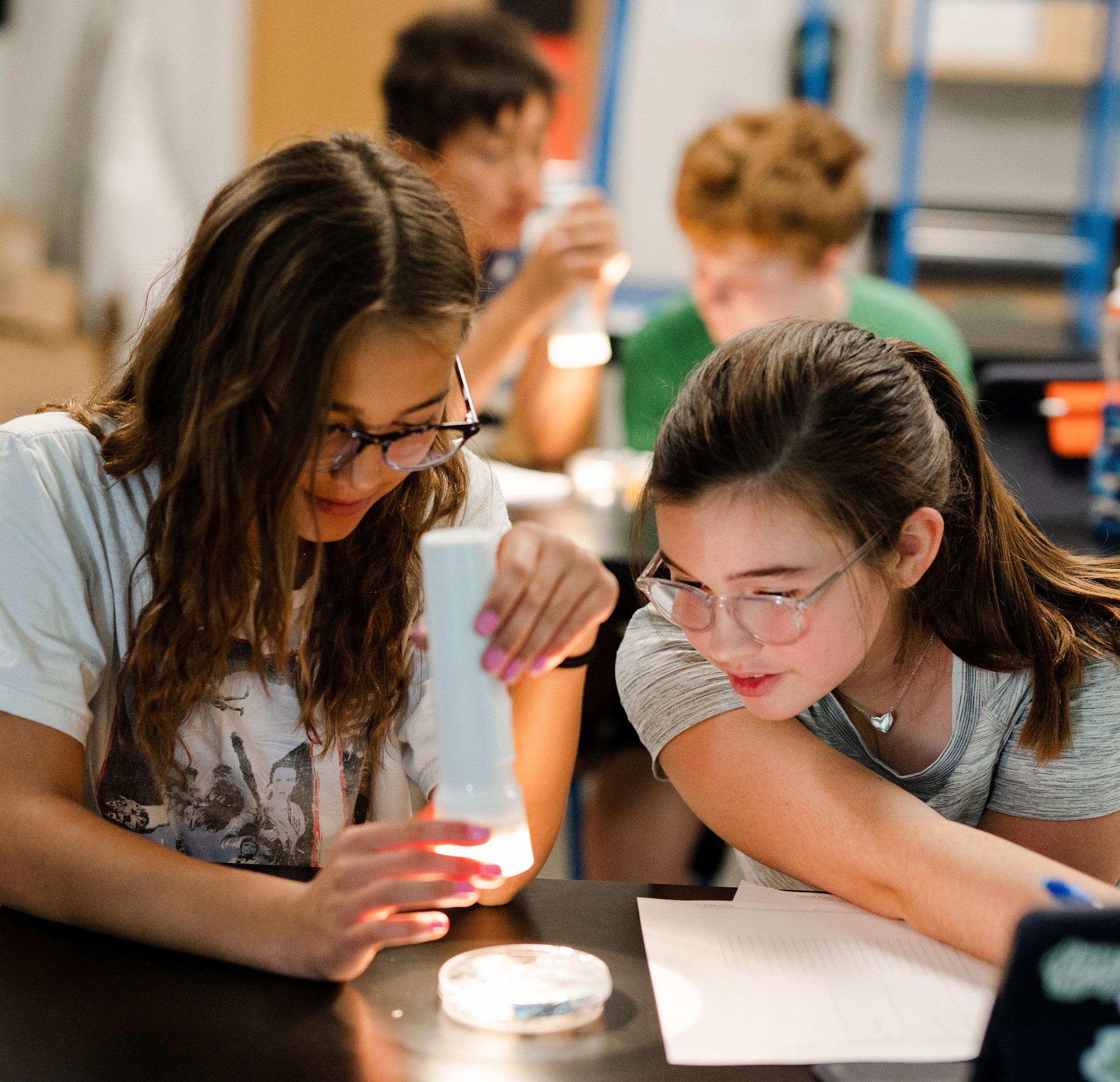

MIDDLE SCHOOL PLAYBOOK
MAKING THE MOST OF THIS SPECIAL TIME IN YOUR STUDENT’S SOCIAL, ACADEMIC, AND PERSONAL GROWTH
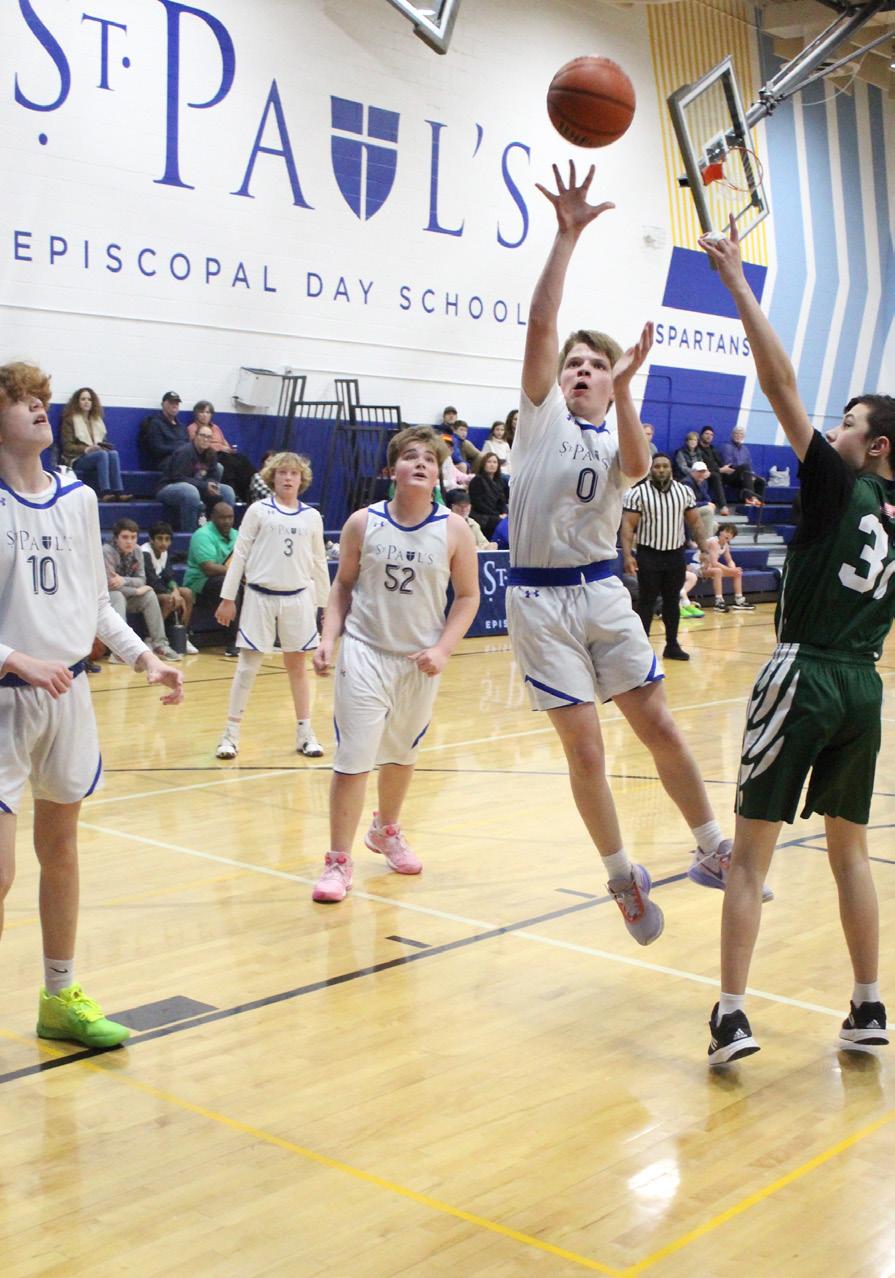
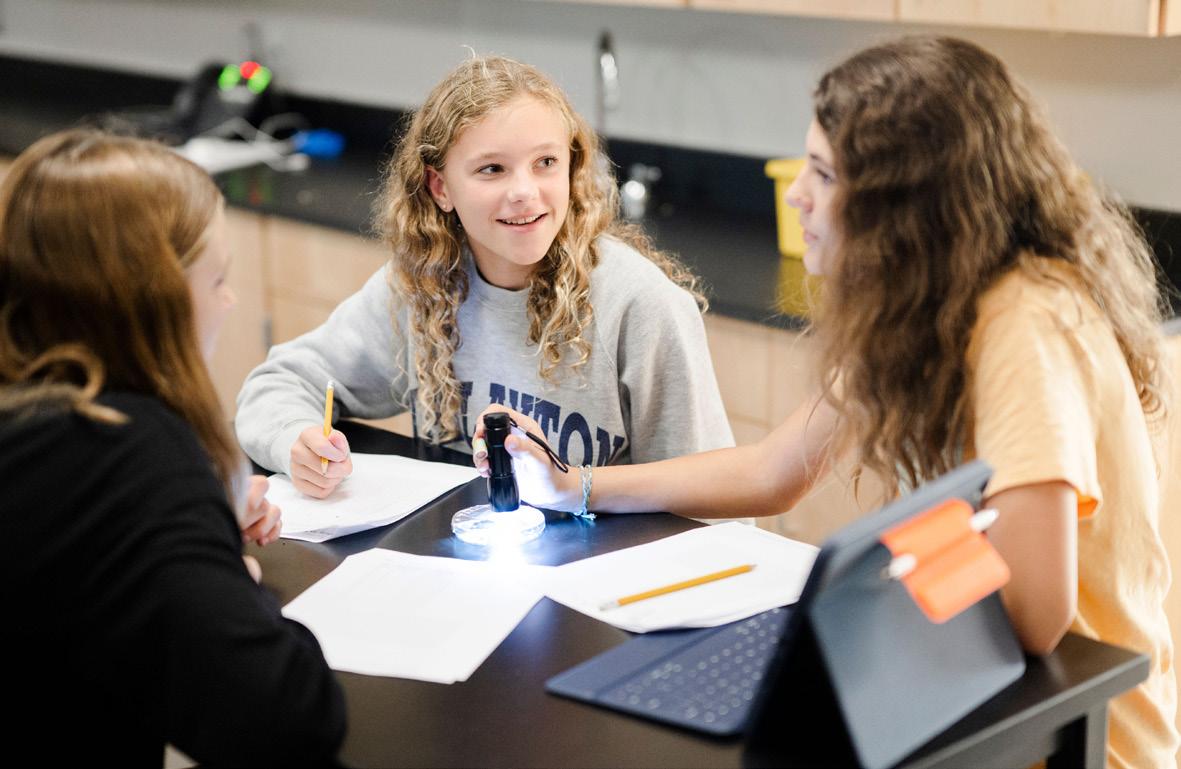
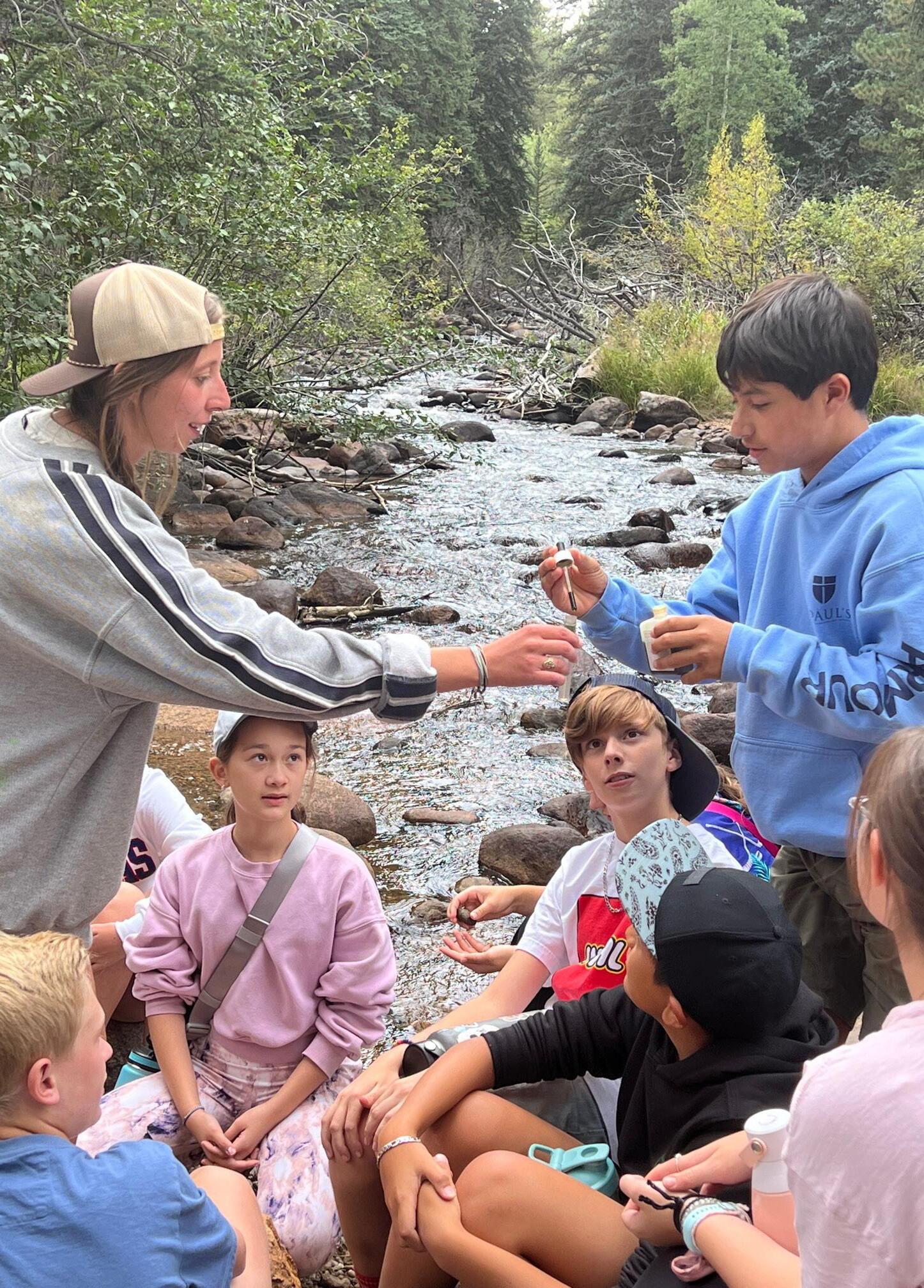
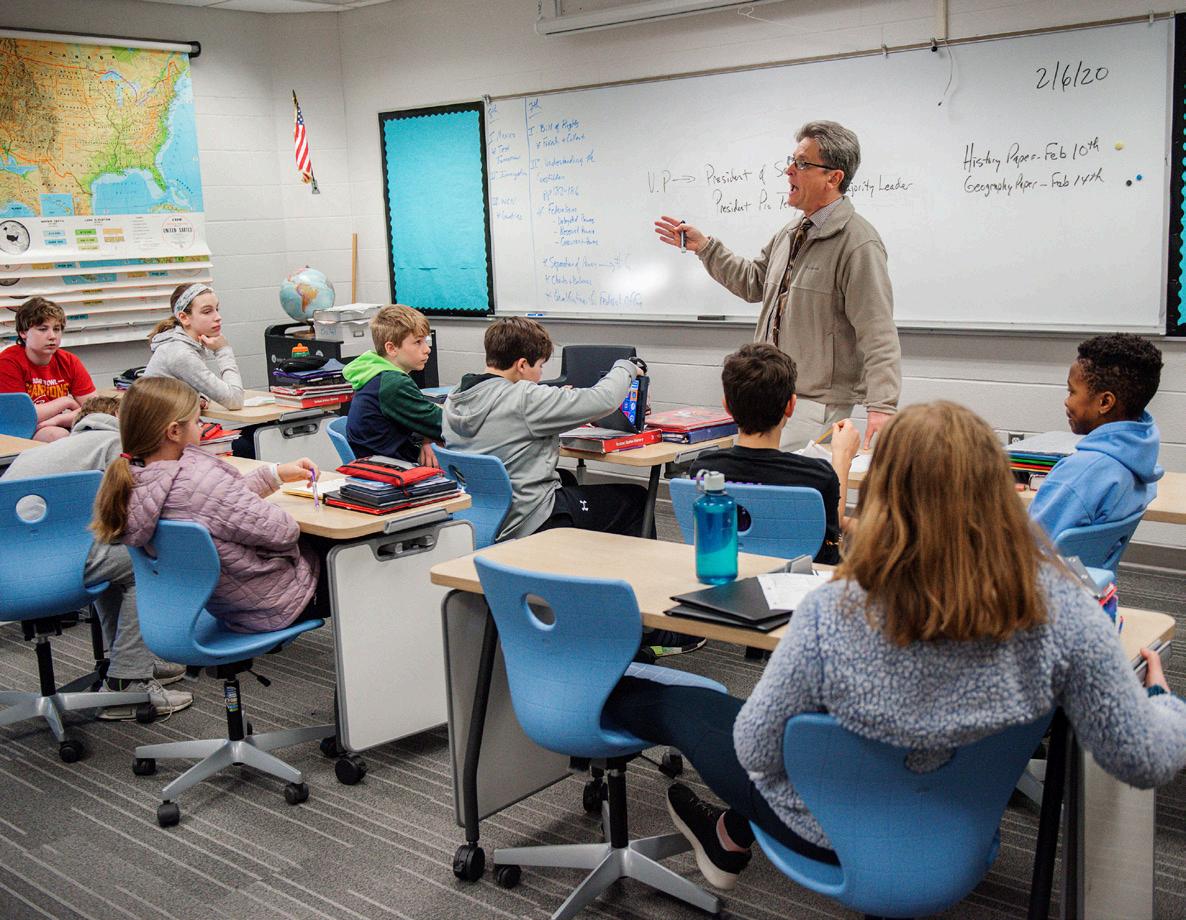
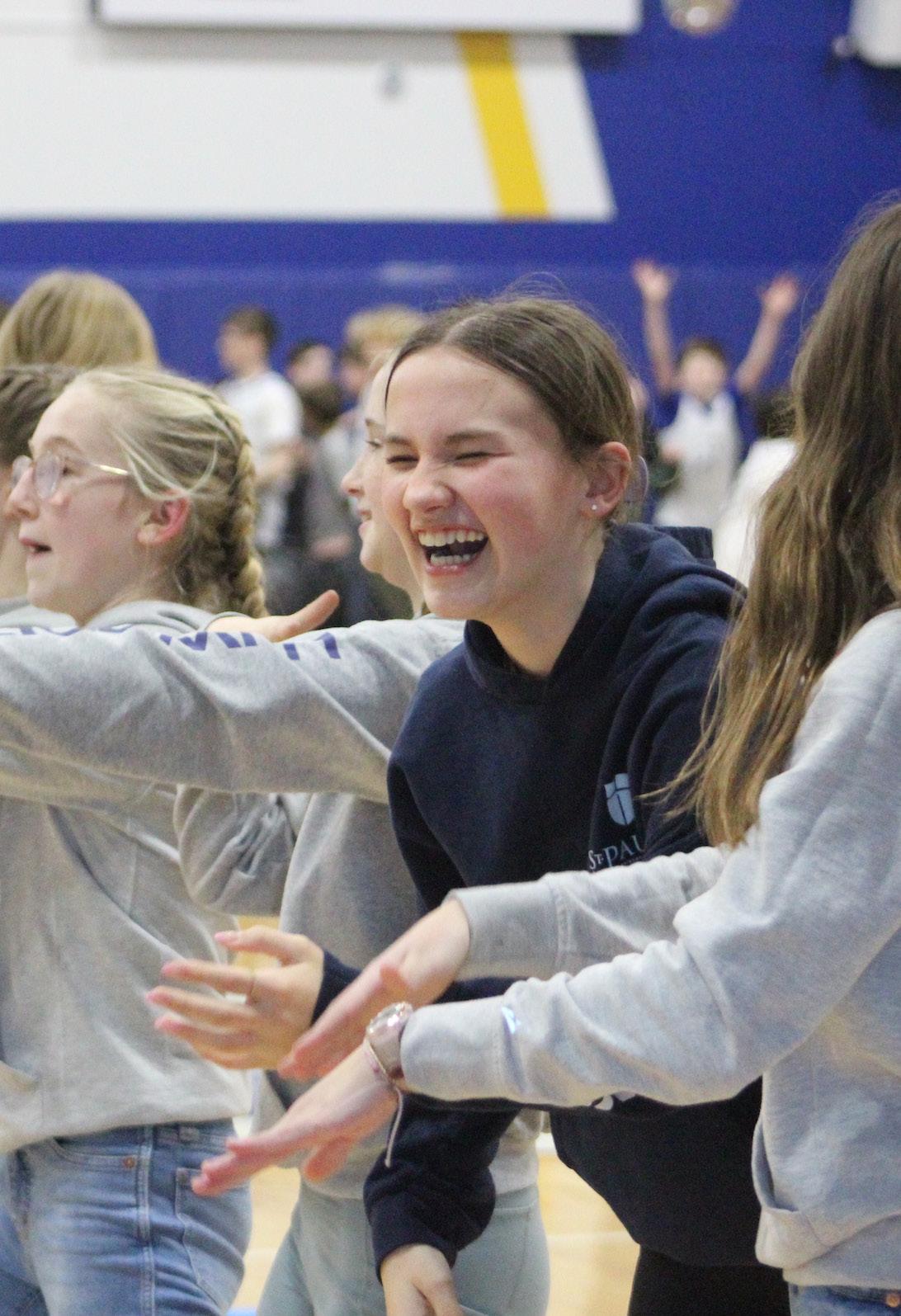



MAKING THE MOST OF THIS SPECIAL TIME IN YOUR STUDENT’S SOCIAL, ACADEMIC, AND PERSONAL GROWTH





One of my favorite things about Middle School is witnessing the growth students experience over these three years. Social connections, hobbies and interests, views on the world and personal style are all constantly evolving as each student becomes their own person and prepares for high school and beyond!
Of course, this rapid change is not always easy. I’m sure many of us remember the self-consciousness and uncertainty that accompanied our first steps into adulthood. Rest assured that you have an amazing and kind-hearted group of teaching professionals here to celebrate the wins and support your student as they grow. Thank you for the opportunity to partner with your family on this exciting journey!
Sincerely,
Luci Hoad Middle School Division Head
Our day begins with student-led chapel to help middle school students and teachers prepare for a productive day ahead. Our 7-day rotation has a consistent daily flow with varied course times. For example, 6th grade math could be first period on Day A and third period on Day E. This system ensures students are encountering core content at different times of the week.
8:20 - 8:40 Chapel
8:40 - 9:35 First Period
9:35 - 9:55 Break
9:55 - 10:50 Second Period
10:50 - 11:45 Third Period
11:45 - 12:30 House Study Hall
12:30 - 1:00 Lunch
1:00 - 1:40 WIN Time
• M/W - Electives
• Tu/Th - Advisory/House
• Fri - Wild Card
1:40 - 2:35 Fourth Period
2:35 - 3:30 Fifth Period
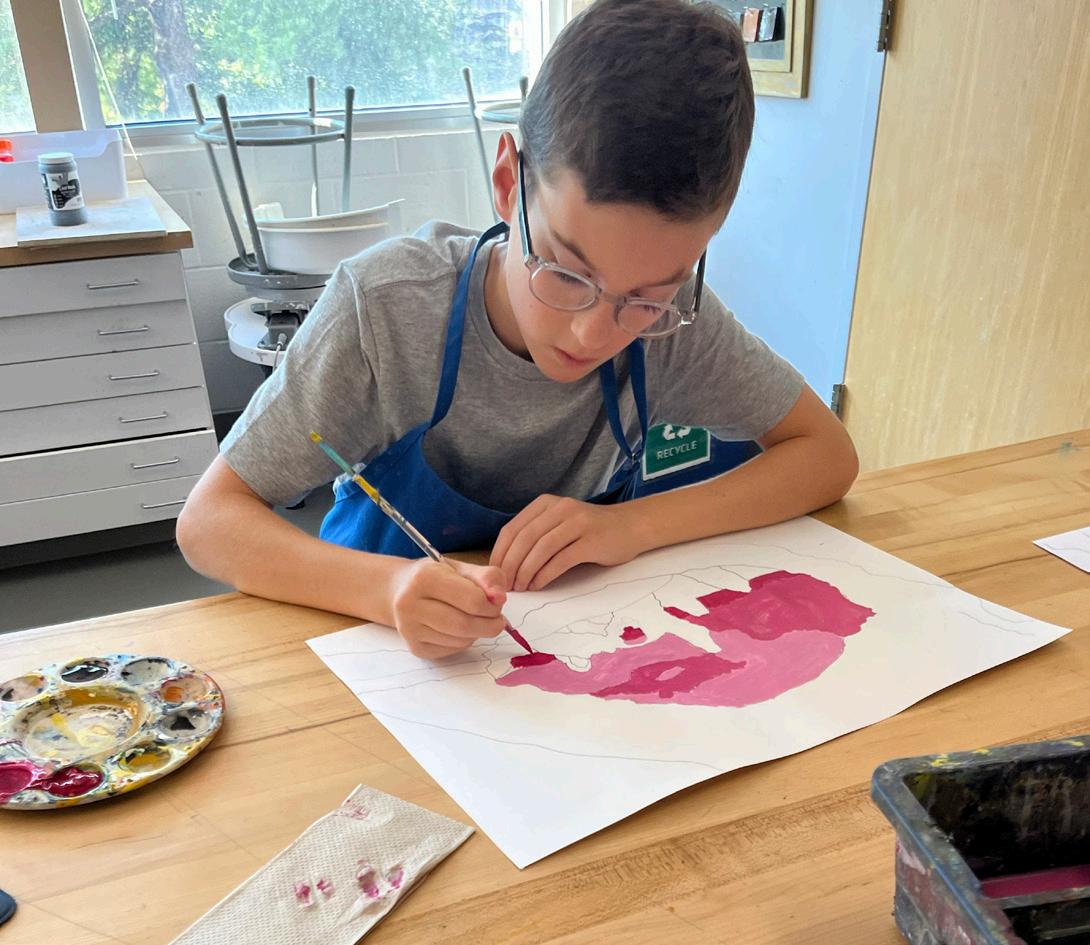
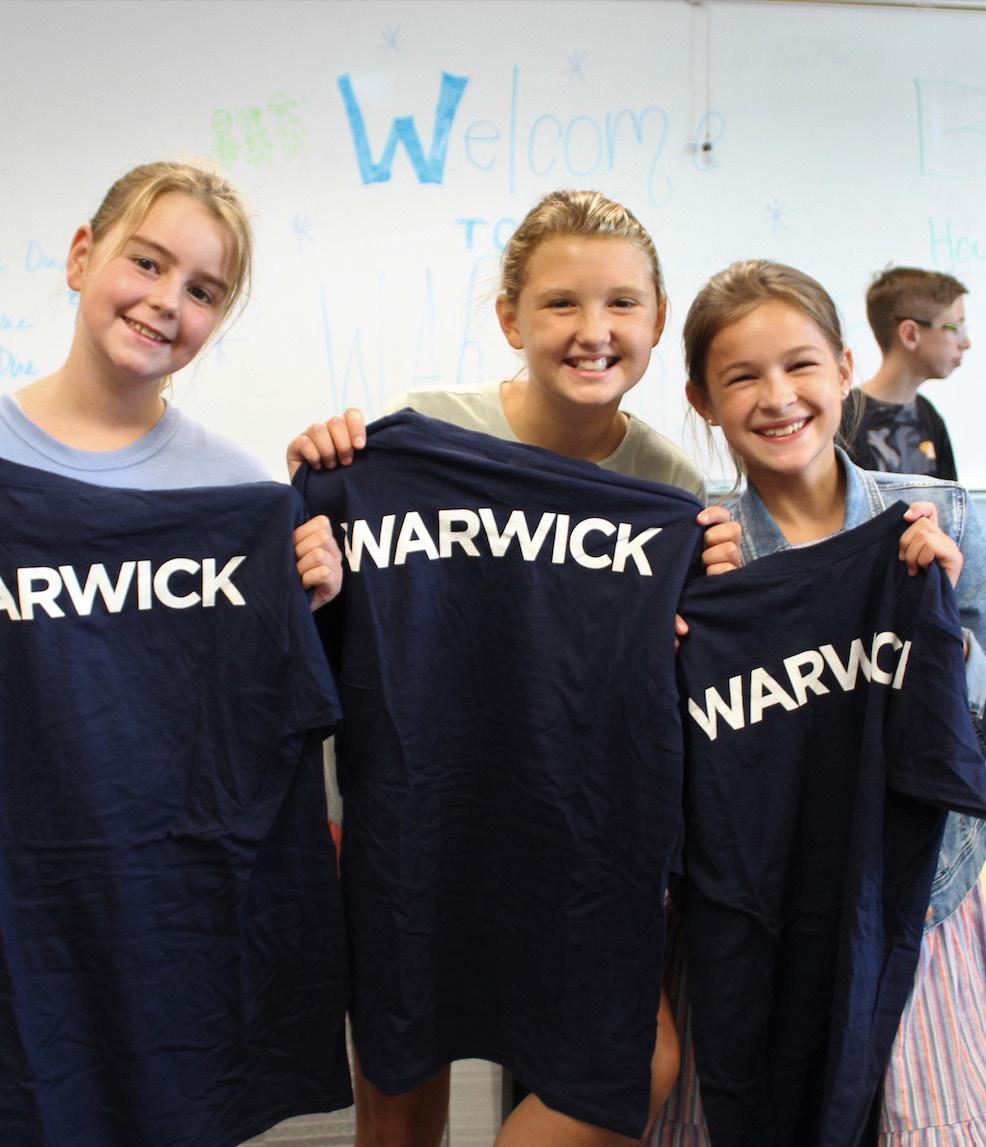
Throughout the year, mixed grade level Houses participate in activities and competitions. 7th and 8th grade students can be elected to the House Council which plans middle school events and leads schoolwide service projects.
During these pivotal years, middle school students develop critical academic and life skills needed for high school. Below are the core content areas and the reading list for each grade level.
World History
Earth Science
Pre-Algebra
Book List:
Fish in a Tree
The Boy Who Harnessed the Wind
The Boy on the Wooden Box
The Door in the Wall
Shakespeare’s Sonnets
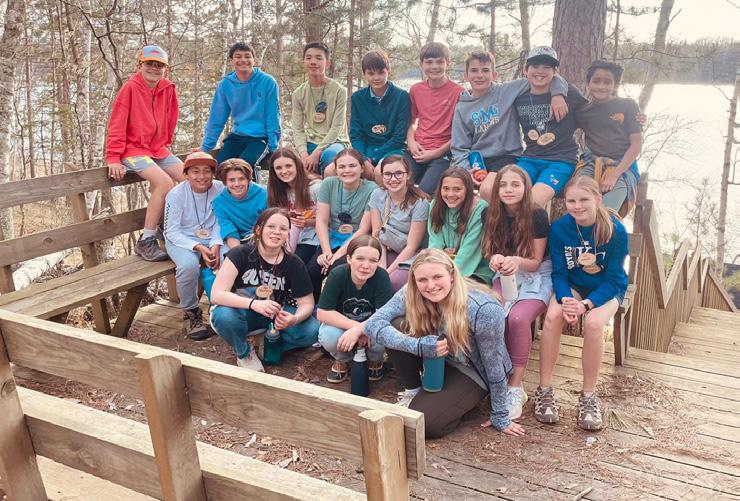
World Geography
Physical Science
Algebra 1/Geometry
American History
Life Science
Algebra 1
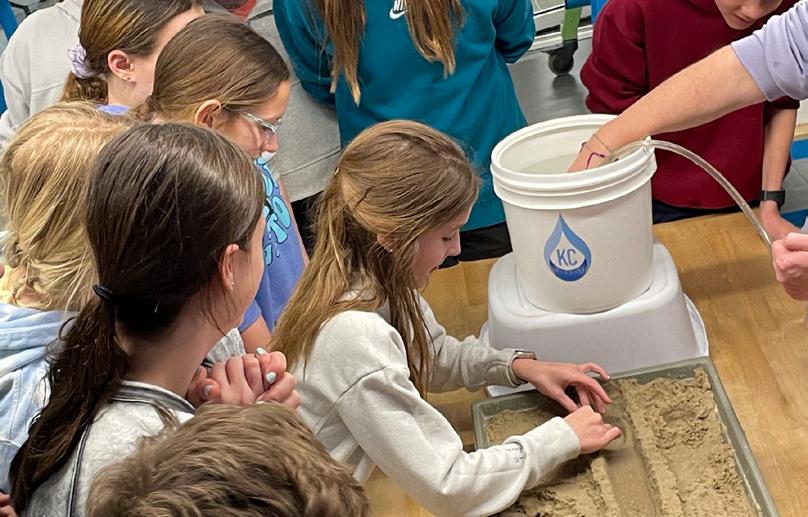
Book List: Of Mice and Men
A Midsummer Night’s Dream
The Giver
The Diary of Anne Frank
Free Lunch
Farewell ot Manzanar
Book List: Lord of the Flies
To Kill a Mockingbird
Romeo & Juliet
The Odyssey
Just Mercy/The 57 Bus
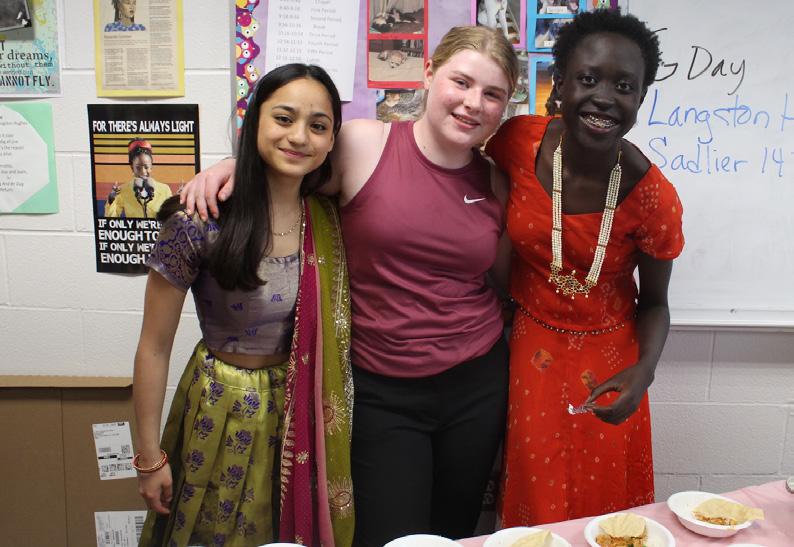
Our grade-level anchor experiences help students connect with peers, disconnect from devices, and enjoy the great outdoors.
St. Louis, MO
3 days, 2 nights
Canoeing, team-
building, touring local museums
YMCA of the Rockies
Estes Park, CO
4 days, 3 nights
Outdoor education and wildlife exploration
Marine Lab
Key Largo, FL
4 days, 3 nights
Coral reef labs, ocean ecology, snorkeling
During fall, winter, and spring sports, students experience team unity and school pride, develop a strong work ethic, and build their self-confidence.
Opportunities include soccer, cross country, basketball, and volleyball.
Middle school electives offer new opportunities including competitions, creative pursuits, and innovative acaedemic challenges. Examples include: Battle of the Brains, painting, ceramics, Science Olympiad, and Medical Detectives.
There are plenty of clubs and after school activities available through our Extended Day program including chess club, private music lessons, the Middle School Musical and much more!
Students can attend the middle school dance, enjoy field trips to Worlds of Fun and Main Event. There’s even a Halloween costume competition!
Middle School students lead a school-wide food drive and a Christmas gift drive to stock the shelves of the St. Paul’s Church Food Pantry for families facing food insecurity.
Each grade level participates in its own group service activity each year (e.g. 7th grade cleans up front yards for KC Rakes). Middle School students are also required to volunteer for a minimum of 10 hours annually for the non-profit organization of their choice.
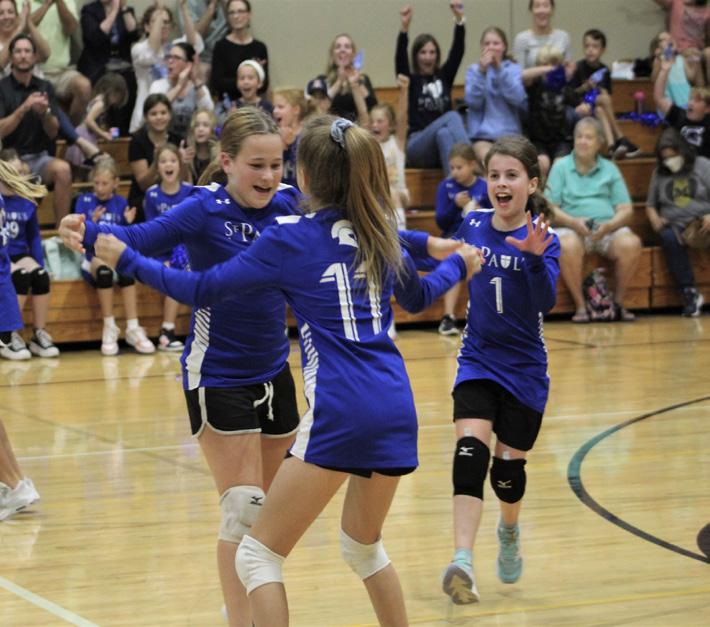
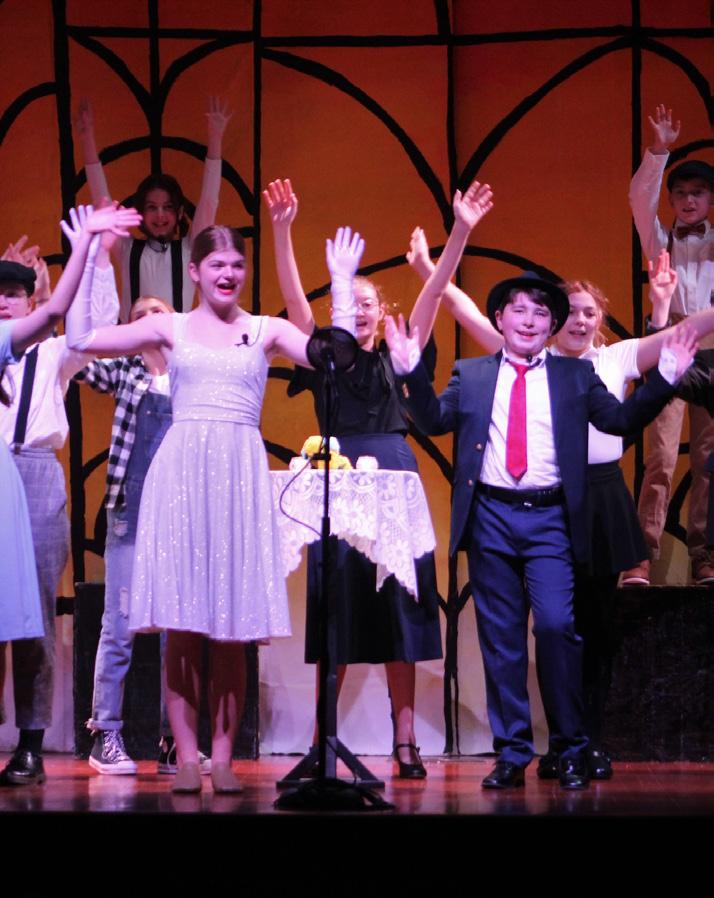
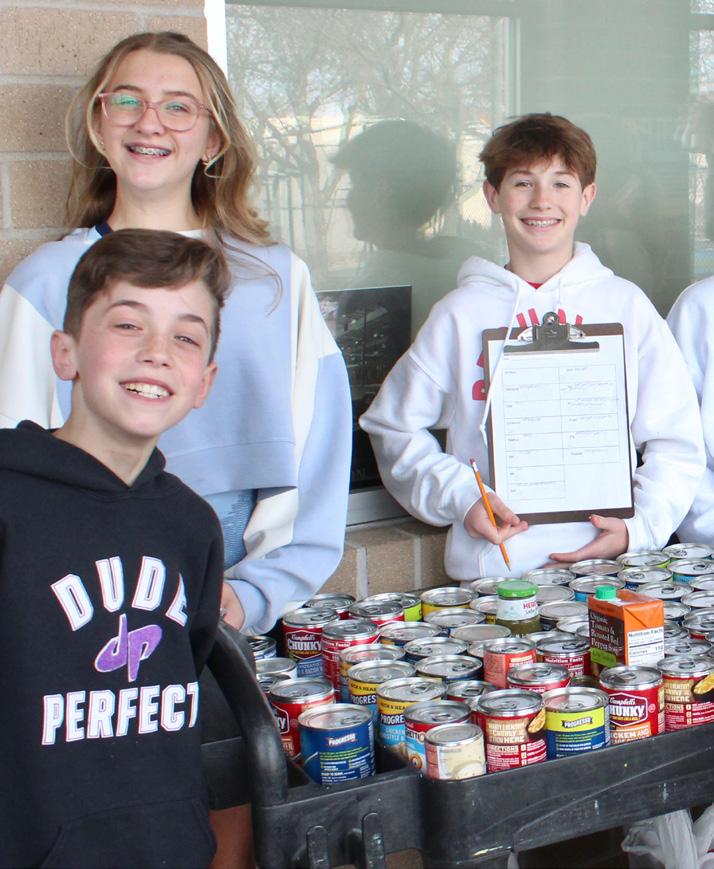
We intentionally increase the homework and testing load in middle school to help students develop executive functioning, good study habits, and self-management skills needed in high school. This might be the first time your student feels a bit underwater at school, but that’s okay!
Struggles and setbacks are a normal part of academically challenging classes. How your student thinks about their struggles – as failures or a normal part of learning – will help your student overcome obstacles in the future.
Getting it wrong is part of the process of getting it right. While that low grade can send a shock of panic into a parent, it’s important to push that feeling aside and help your student see it as an opportunity for growth.
The stakes are lower during these years when it comes to academic pressure, sports competition, and social events. It’s an excellent time to explore new interests and mix with different personalities before high school. Encourage your student to try something new at school. Have a budding concert pianist at home? Maybe they could try out for basketball. Is your student active on a swim team? It could be a good time to try Ms. Lynn’s painting elective. Does your student typically hang out with the same 2 -3 friends? Encourage them to get to know someone new during lunch.
1. Eliminate distractions during study/homework time. Put the screens away.
2. Create a routine around study time (e.g. same time, same dedicated space, music/no music, etc.)
3. Prioritize sleep. It really can’t be overstated how much getting enough sleep positively impacts academic outcomes for middle school students. Take screens out of their room at bedtime.
4. Embrace setbacks and student autonomy. Provide homework support, but let them do their own work.
Study halls, goal setting, and grade check-ins with advisors help students stay on track academically. For students with additional needs, our Learning Specialist, Mrs. Giannetti, can provide an extra layer of academic support.
Students at this age are much more aware of social dynamics and are trying to establish their place among their peers. We use a variety of SEL programs to help students manage big feelings, resolve conflict, and become better communicators, including:

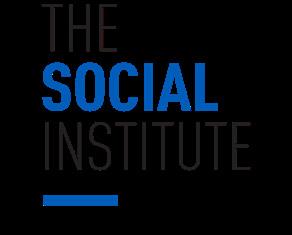
RULER: Developed by the Yale Center for Emotional Intelligence, this program and acronym for the five skills of emotional intelligence (recognizing, understanding, labeling, expressing, and regulating) is an evidence-based approach to SEL.
The Social Institute offers a gamified, online learning platform that empowers students to navigate their social world positively – including social media and technology – to fuel their health, happiness, and future success.
In addition to offering SEL and executive functioning curriculum in scheduled classes. Ms. Frisby is available to help your student and your family. Here are some examples of ways she can support your student at school:
• If your student is struggling with a social issue, Ms. Frisby can meet with your student to do some role-playing exercises and talk through different solutions.
• Provide short-term confidential counseling at school.
• Assist in managing outside mental health support.
• Let them sleep on it. It’s okay if it takes time to get the full story.
• Try not to over-react to strong emotions, and remember there are two sides to every story.
• In conversations, you’re not always investigating; you’re trying to understand your kid’s experience. Affirm their feelings.
• Empower students to have their own conversations with friends, teachers, and coaches.
Recommended Reads
• The Gift of Failure by Jessica Lahey
• Queen Bees & Wannabes by Rosalind Wiseman
• Masterminds & Wingmen by Rosalind Wiseman
• Finding the Magic in Middle School by Chris Balme
• Why Do They Act That Way? by David Walsh and Nat Bennett
Below are some of the programs we offer in middle school to help students navigate issues around health, hygiene, nutrition, sexual education, the importance of consent, substance abuse, and more.
• Plain Talk About Sex: Coco McAtee, LSCSW, leads an optional class for 6th grade (divided into a female and a male cohort) to cover both female and male anatomy, puberty, intercourse, and birth control.
• After the Plan Talk, Sexual Education: 8th grade students can join an optional class that reviews the reproductive system, sexual intercourse, qualities of healthy relationships, social media, STDs, and birth control.
• A MOCSA representative stops by middle school to discuss sexual harassment prevention, healthy relationships, and what to do if students encounter sexual harassment.
• Healthy Discussions about Food: We encourage positive conversations around food as an important part of fueling growing bodies. A healthy snack and lunch are part of our daily routines. We can also offer parent education to help navigate conversations around food issues.
• Encouraging Physical Movement: Students have four opportunities for active classes like PE during their 7-day schedule. Our schedule allows for movement breaks mid morning and after lunch, and our programming builds in activities like running club and physical electives to give students opportunities for additional movement time even if they aren’t playing a school sport.
• Normalize discussions about health and hygiene with your student. Conversations about doing laundry, grooming, and self care can help reinforce your student’s sense of ownership and pride.
• Establish routines as a family to help your child develop lifelong healthy habits. Examples include good sleep hygiene (removing screens from the bedroom), balanced meals, and physical activity.
• Talk about healthy relationships with your child. Discuss characteristics of good friends and partners and make space to troubleshoot relationship issues. Remember that spending more time listening than advising is a great way to build trust and help your child feel comfortable sharing.
Where can I see my student’s grades?
Schoology (both online and on the app); email tklienow@speds.org if you’re having trouble; this is also where you can find teacher contact info.
Where can I find my student’s schedule?
In the Veracross Parent Portal, under your student’s name and “daily schedule” you can see both the full schedule and your student’s schedule activities for the day; the best time to schedule appointments is during study hall (each day from 11:45 to 12:30) and WIN (each day from 1:00-1:40)
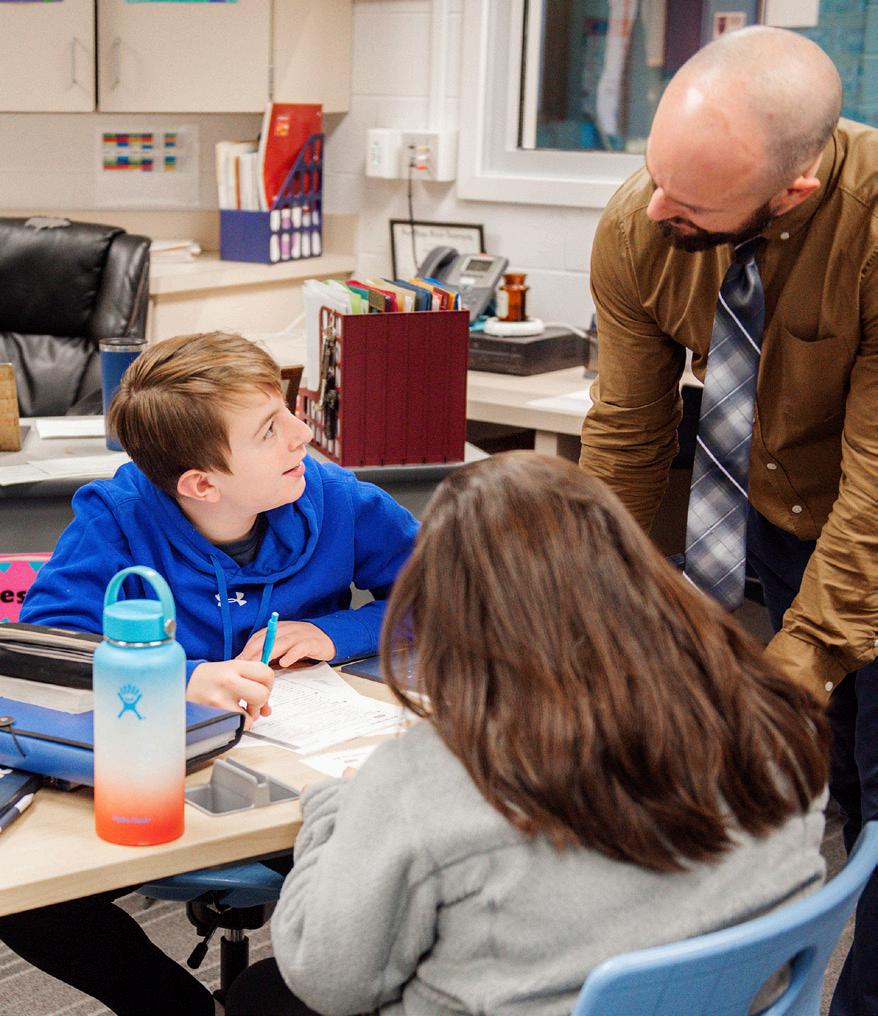
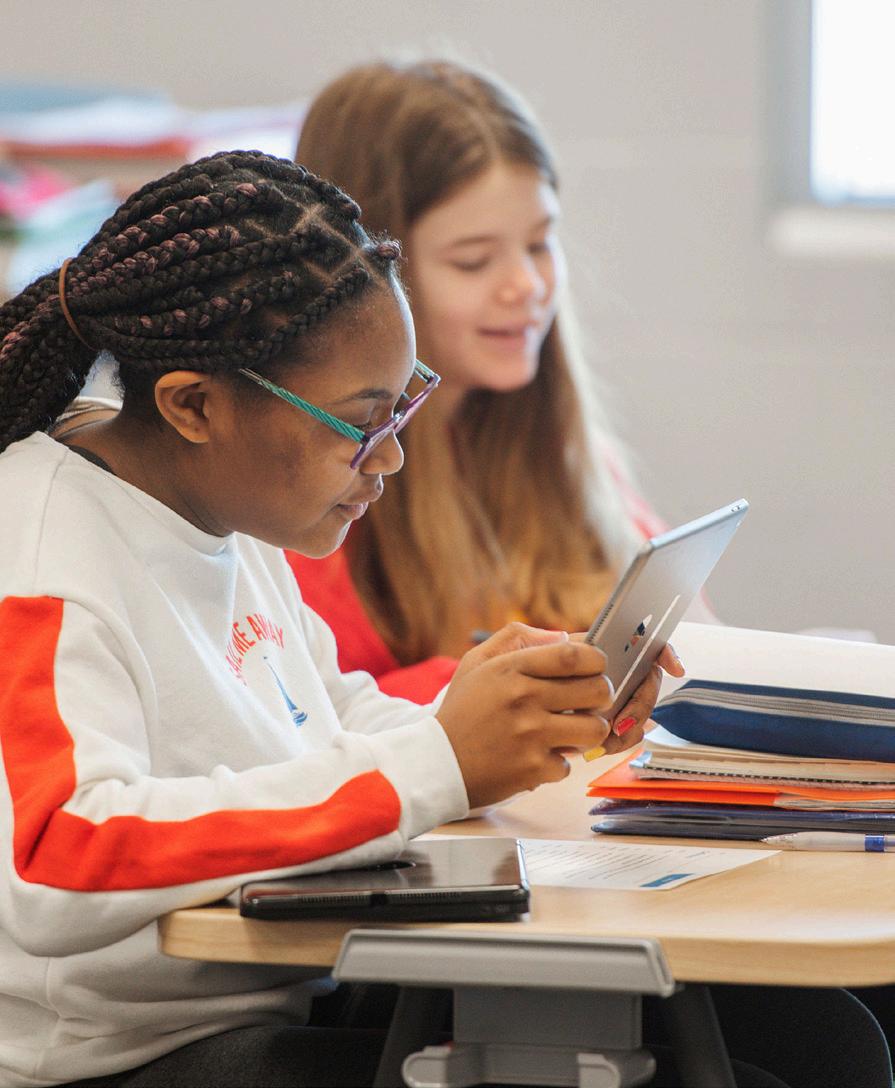
Steve Darnell (sdarnell@speds.org) and Nurse Leah Moore (lmoore@speds.org); your student should check Schoology for missing work and email teachers directly for assignments.
Start with contacting your student’s classroom teacher, house sponsor, or counselor directly and they can help address concerns and loop in the right people (Mrs. Hoad, Nurse Moore, Mrs. G) for follow up conversations.
Mr. Darnell is great at getting students messages about changing plans. You can also contact Mrs. Hoad directly. Students will not have access to phones and smartwatches during the day to prevent distractions from the learning environment.
St. Paul’s is known for developing students who graduate ready to meet challenges and distinguish themselves as students and individuals of moral character.
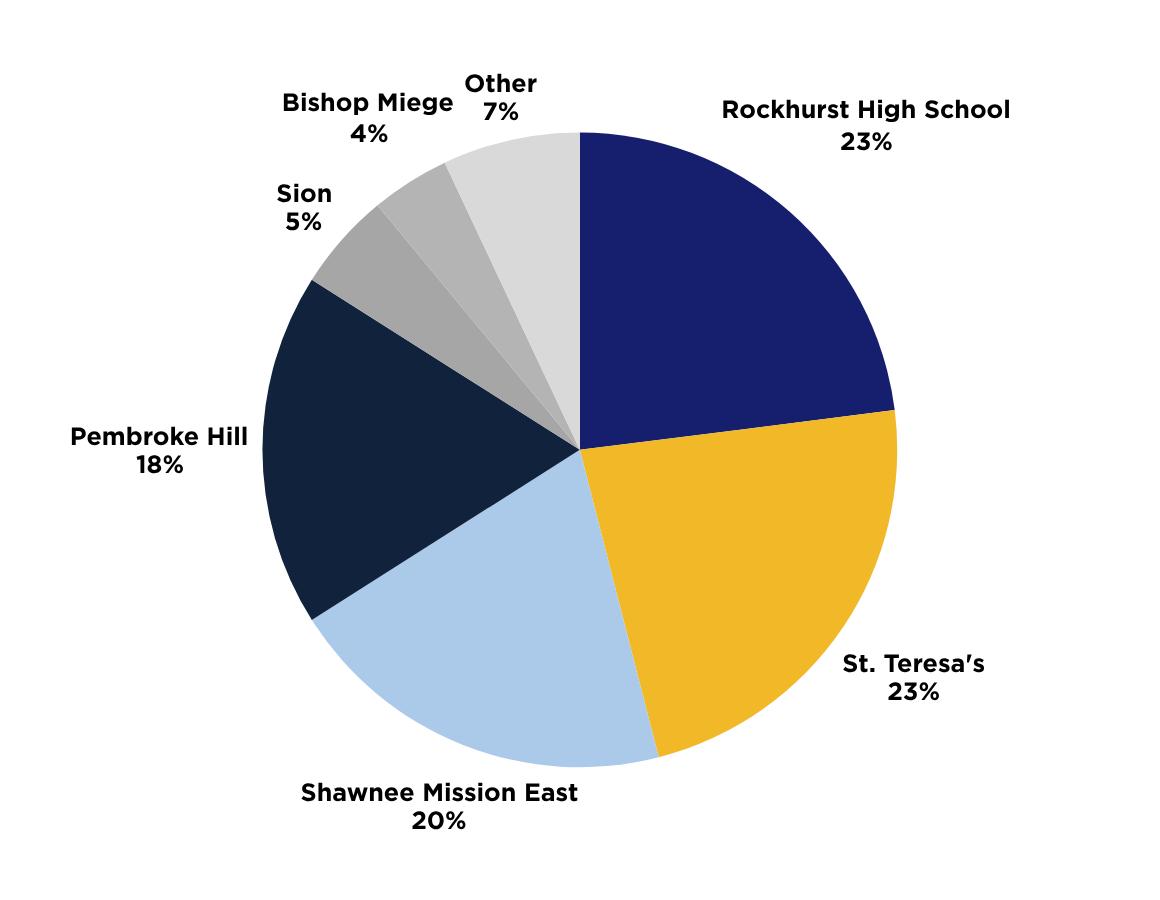
Based on graduates from 2017 - 2025
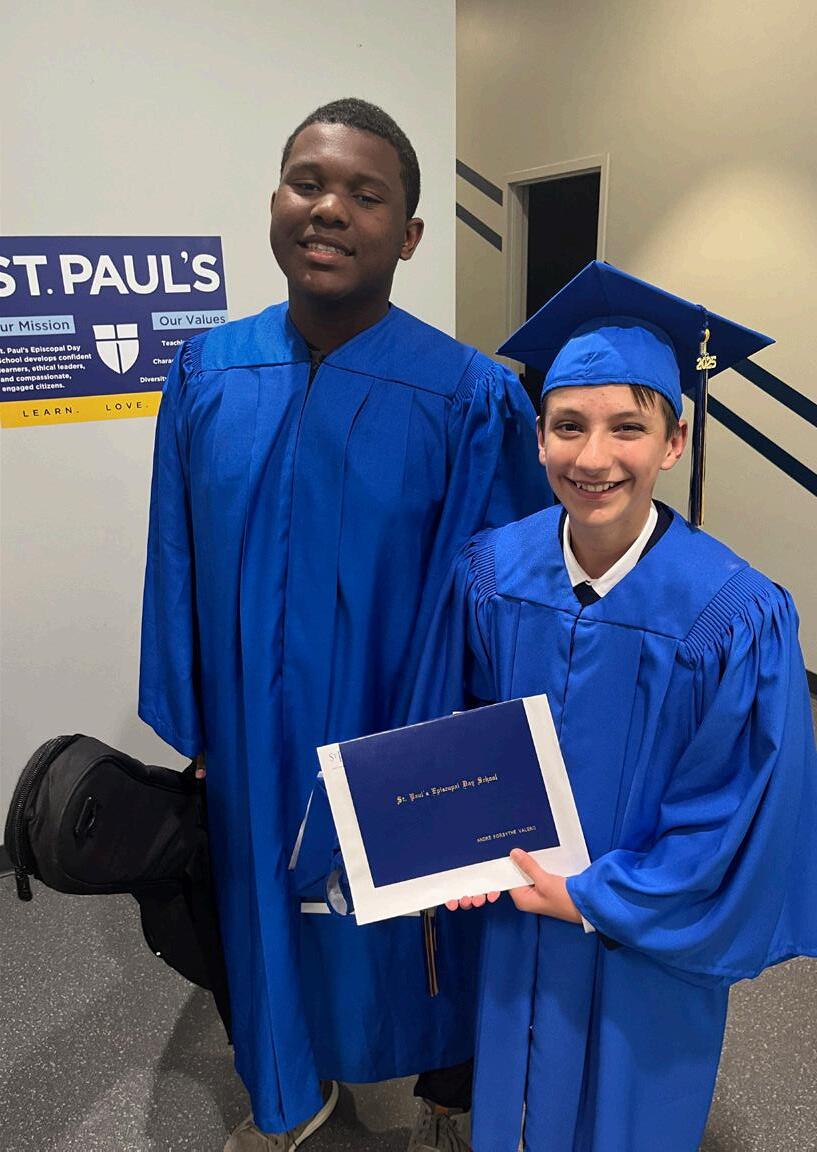
Our ERB scores consistently mirror nation wide independent school norms and outpace national school norms. In the 24-25 school year 95% of middle school students were at or above national norms in Math and Quantitative reasoning, 92% were at or above national norms in Reading Comprehension, and 97% were at or above national norms in Writing Mechanics and Skills.
We check in with peer high schools regularly to ensure St. Paul’s students are coming equipped for the high school experience and receive frequent positive feedback about the preparedness of our graduates.
“The most valuable skills I gained were the ability to think critically, how to study, and problem-solving. It wasn’t until I reached college that I realized that St. Paul’s gave me such a strong educational foundation.”- St. Paul’s Alum
